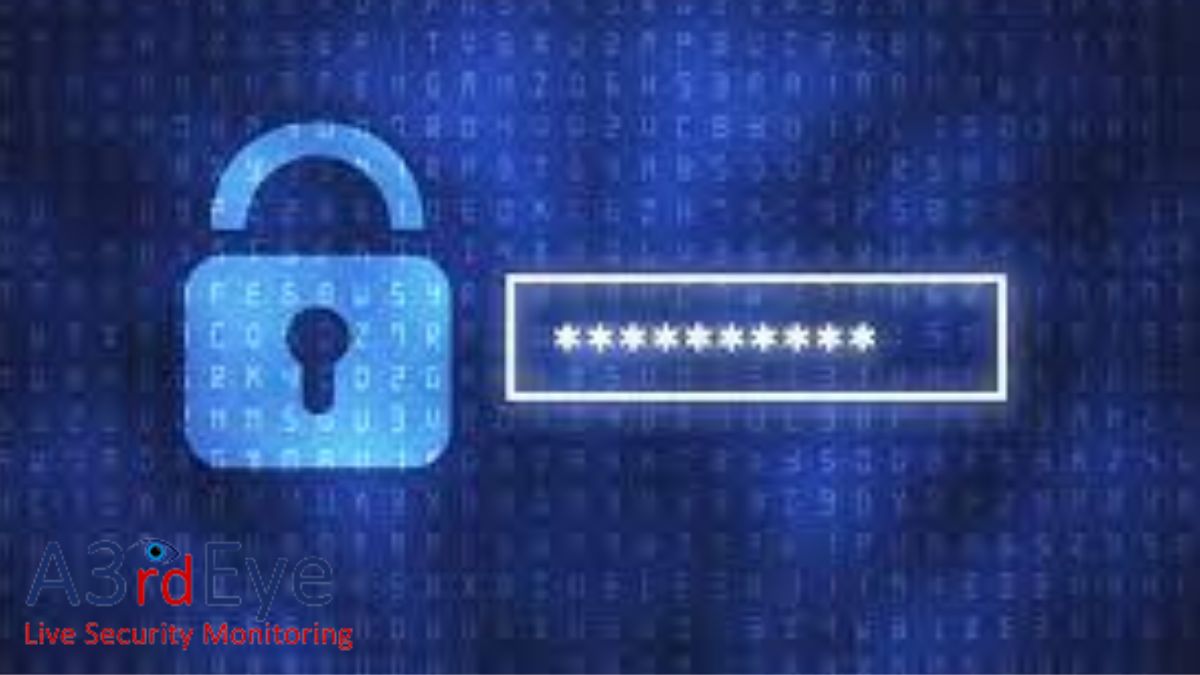
Online Security: Understanding “intext:password ext:log”
Online Security: Understanding “intext:password ext:log”In today’s digital world, knowledge is power, and the internet is a veritable treasury of information. If the wrong people acquire this precious item, it can rapidly become a dangerous liability. In the context of computer security, the expression “intext: password ext: log” has a special meaning. Let’s explore to learn more about it and how it affects our digital lives.
Comprehending the Meaning of “intext: password ext: log”
The expression “intext: password ext: log” means what, exactly?
The search query “intext: password ext: log” is frequently used by people looking for specific kinds of files online. When used together, “intext” and “ext: log” indicate that log files containing the word “password” should be included in the search and that the “log” file extension is required. Log files often have sensitive information such as passwords; this search term is used to locate these files.
What is the procedure?
Search engines, web crawlers, and indexing services constantly index the internet material. When a user types a search query like “intext: password ext: log,” these programs look for files that match that criteria and display them in the search results. Because of the severe ramifications of losing control of your log files, this creates security issues.
Consequences of Using “intext: password ext: log”
The Invasion of Privacy
A primary concern with “intext: password ext: log” is the possibility of private information falling into the wrong hands. Because they contain information about users’ actions, hackers can use log files to obtain access to sensitive data and systems.
Data Escape
Information disclosure is another major issue. Sensitive data leaks can occur if log files containing passwords are accidentally made public. This can be disastrous, causing monetary losses and reputational harm to individuals and businesses.
Regarding identity theft,
“intext: password ext: log” searches can also play a role. Obtaining a user’s login credentials allows a cybercriminal to assume their identity, access their accounts, and commit fraud.
Keeping “intext: password ext: log” at bay.
To protect your online identity from the threats posed by “intext: password ext: log,” you should take the following steps.
Effective Passwords
Online Security: Understanding “intext:password ext:log” Each of your online accounts should have a different, robust password. To keep your passwords safe, sensitive information should not be used somewhere it could be easily guessed.
Second Factor Authentication (2FA)
Whenever possible, switch on two-factor authentication. Two-factor authentication (2FA) improves security by requesting additional proof of identity and a password.
Consistently Upgraded Programs
Always use the most recent versions of your favourite programs. Security patches, designed to close loopholes that hackers could exploit, are a common component of updates.
Owners and Admins Responsibilities in the Online World
In addition, website owners and administrators are responsible for reducing the vulnerabilities caused by the combination of “intext: password ext: log.”
Safely Keeping Records
Make sure log files are kept in a safe place with limited access. To safeguard private information, set up encryption and authentication measures.
Secure Conversations
Protect the sensitive information that users provide to your website by implementing encryption technologies. This aids in avoiding data and conversational interceptions.
Concerning the Law and Good Morals
Do “intext: password ext: log” searches violate the law?
Searches like “intext: password ext: log” can be illegal in certain places but not others. It is crucial to be aware of your area’s legal ramifications and act accordingly.
Moral Factors to Think About
Respecting the privacy and security of online networks is of the utmost ethical importance. Searches conducted with malicious intent or to exploit weaknesses are damaging and immoral.
Real-World Illustrations
Let’s look at some real-world instances to see why it’s so essential to protect against “intext: password ext: log” searches.
Data Breaches of Note
The leak of password-containing log files has been blamed for several high-profile data breaches. The impacted companies have suffered heavy financial losses and reputational harm as a result of these breaches.
Insights Acquired
What we can take away from these occurrences is the need to take preventative security measures. If companies want to avoid catastrophic data breaches, they must prioritise protecting sensitive information.
Knowledge Maintenance
Keeping abreast of new cybersecurity risks and best practices is essential in today’s rapidly developing digital landscape. The internet is a dynamic space; therefore, keeping your skills current is necessary.
Conclusion
Online Security: Understanding “intext:password ext:log” A search for “intext: password ext: log” highlights the significance of passwords and logs in internet activity. In today’s linked world, it is crucial to know its threats and take preventative precautions to safeguard data and identity. Confidence in the digital world is possible with diligent study and implementing the best security measures.
Can you explain what “intext: password ext: log” means?
You can use the search term “intext: password ext: log” to locate log files on the web that may contain passwords and other sensitive information.
I’m concerned about “intext: password ext: log” attacks on my internet accounts; what should I do?
Secure your online accounts using a complex password, enabling two-factor authentication (2FA), and installing the latest software patches.
Is there any penalty for using “intext: password ext: log” in a court of law?
The use of “intext: password ext: log” searches can have varying legal consequences depending on where you live. Please be aware of local regulations before using this search term.
Is looking for files with the contents “intext: password ext: log” morally OK?
Respecting the privacy and security of online networks is of the utmost ethical importance. Malicious use of “intext: password ext: log” searches is unethical.
Please provide me with some advice on how to make a secure password.
Certainly! Use a mixture of letters, numbers, and special characters when coming up with a password to make it more secure. Don’t use anything like birthdays or names that are easy to figure out. You should use a password manager to create and store all your unique passwords safely.

Online Security Understanding intextpassword extlog

